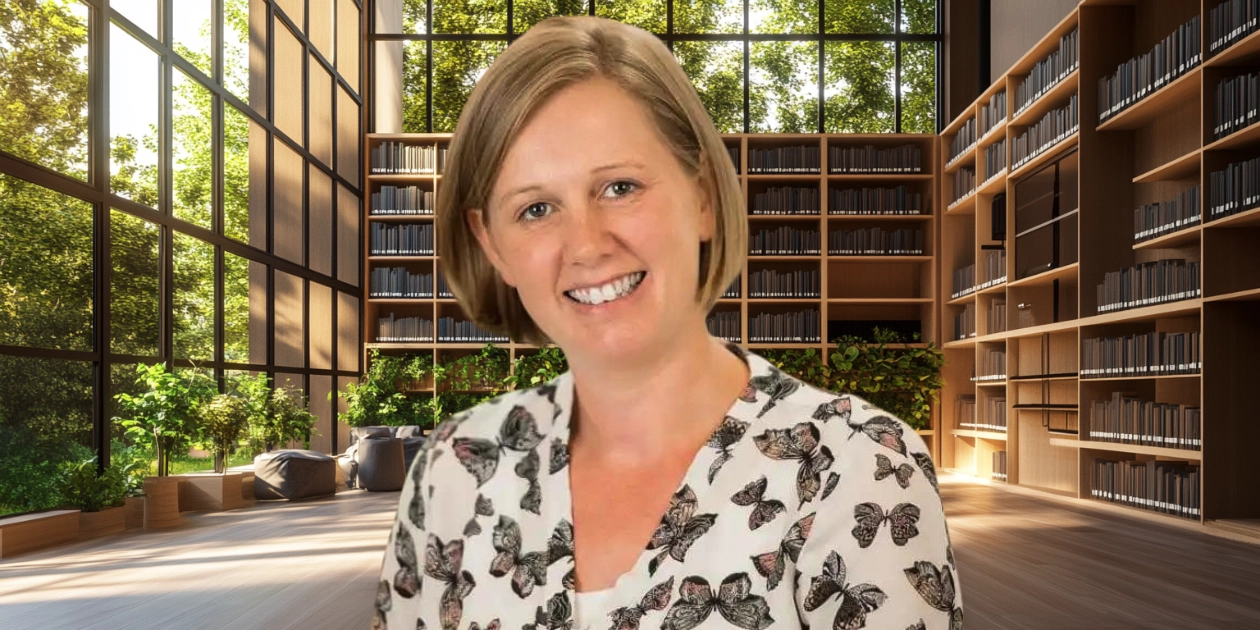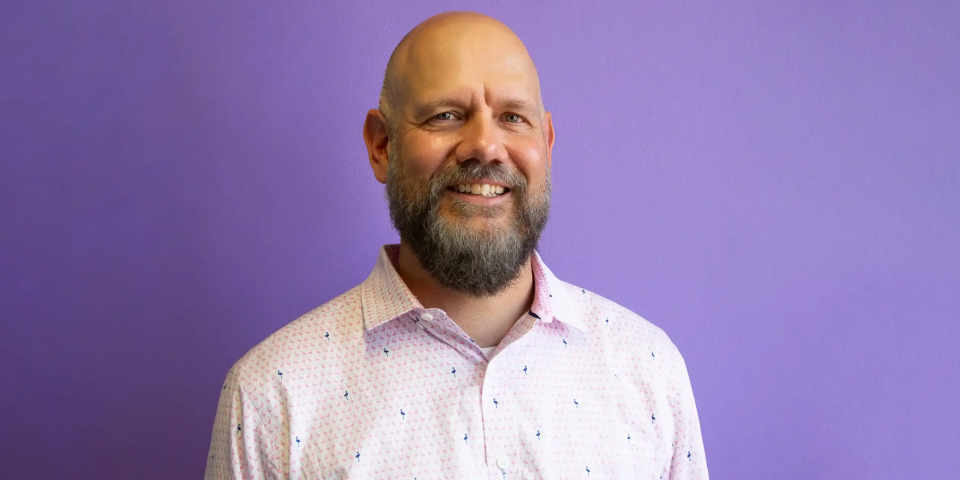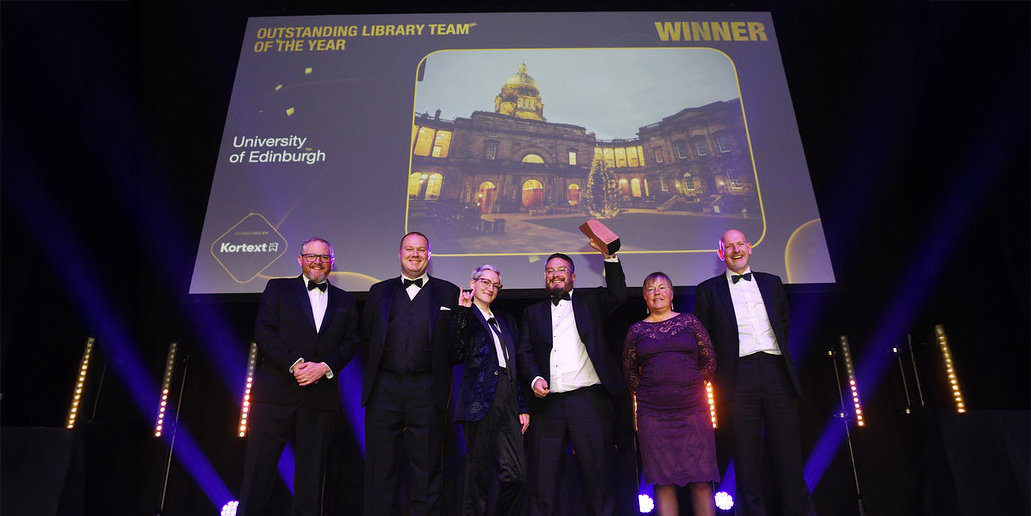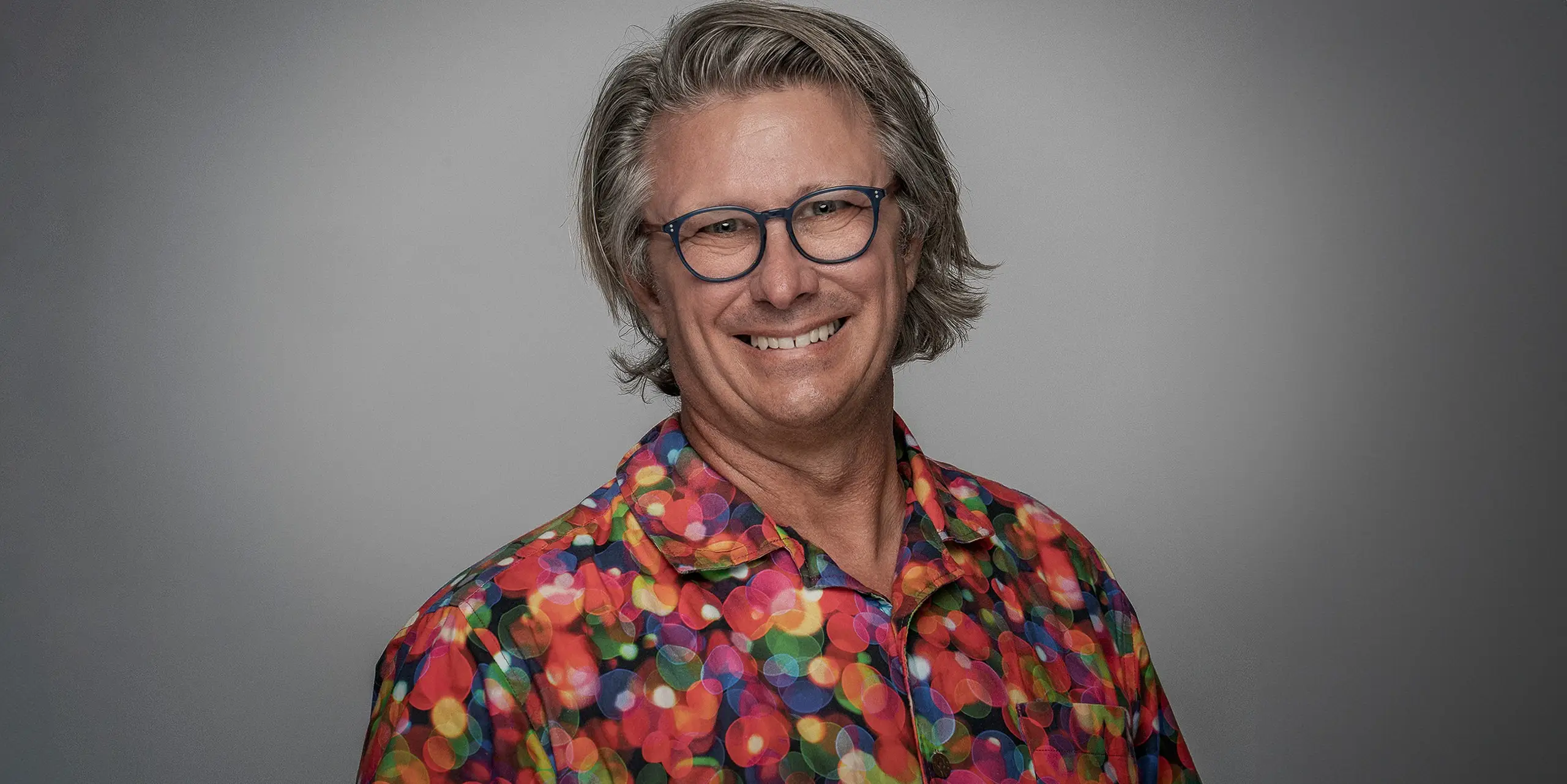An interview with Chantelle Wilcox, Birmingham Newman University
The staff at Birmingham Newman University Library were thrilled to be shortlisted for ‘Outstanding Library Team’ in the 2023 THE Awards.
We spoke to Chantelle Wilcox, their Library Digital Services Officer, about what it’s like to be part of a small team that’s making a big difference.
How and when did you decide to become a librarian?
Like a lot of people, it wasn’t a conscious decision, but I loved libraries from a very young age. When I was first allowed out on my own as a young teenager, I’d often find myself in the local public library.
“I think there’s always been that underlying love of libraries and what they stand for.”
In 2005, I graduated from the University of Birmingham with a degree in geography. I knew that wasn’t what I wanted to do as a career; when I was looking for jobs, I kept being drawn to libraries.
I got a job as a library assistant at Birmingham Newman University, and I’ve been here for almost 18 years now.
I knew I wanted to progress, so I studied part-time for my master’s in library and information management at Loughborough University whilst working.
What does your current role involve?
My role covers two distinct areas: library systems and e-resources.
The systems side involves looking after our library management system, all our self-service equipment (such as our laptop lockers and our self-service kiosk security gate), and the authentication of all our e-resources.
“If it’s got a plug on, it’s probably something to do with me, basically.”
So, day-to-day, it’s about making sure the system’s up and running and there are no technical problems that require troubleshooting.
For the e-resources side, I look after our databases and our eBook packages. I cover the whole of the acquisitions life cycle for those, from pricing quotations, negotiation, usage statistics and cost per usage, through to licensing and making resources discoverable in our library search system.
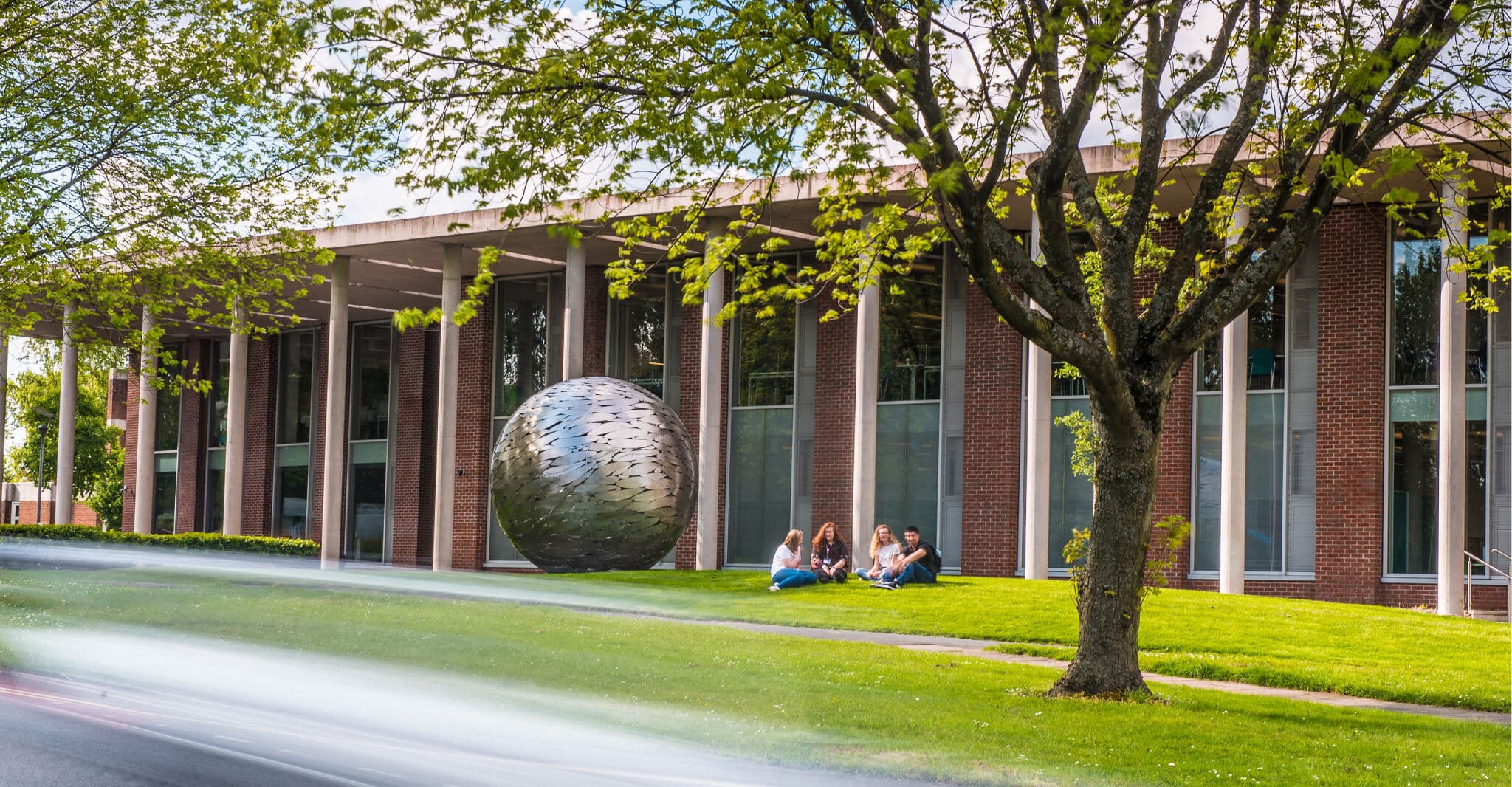
What’s the best thing about your job?
I really enjoy the troubleshooting and problem-solving elements. So when things go wrong, it’s almost like a puzzle.
“I like picking up those clues along the way, and that satisfaction of when you’ve got to the end of it and you’ve fixed it. It gives me a little sparkly buzz every day.”
I love the people I work with – we’re a really, really good team. There’s a lot of us that have been here for a long time and Newman has got a community-led feel about it.
“There’s something very special about Newman, and it’s something that you can’t quite quantify or put into words.”
Are there any challenges you face?
It’s a challenge to work at a small institution and to have to wear many hats. You don’t want to be ‘Jack of all Trades, master of none’. You want to be good at what you do.
“One of the challenges with e-resources at the moment is the move to transitional agreements and the read and publish agreements from a discoverability point of view…”
So, with hybrid journals some of the articles within the journal will be Open Access, but some of them will be paywalled content.
In terms of discoverability, that’s hard for our users because the traditional library model would be to direct them to our library search and say, ‘start all your research here’.
We can’t just turn on open access content because we might be turning on a hybrid journal, then people are going to hit paywalled content and get frustrated.
How do you think university libraries might evolve over the next decade?
When I first started, we had access to three databases or something like that. We had no self-service equipment. Libraries have changed phenomenally over the last 18 years.
I think we’re going to become less providers of information and more navigators of information. With open access, with AI, we’re going to be very much helping people navigate a lot more in future.
“There’s going to be so much more information at people’s fingertips, but that’s going to be information overload. We’ve always, as librarians, helped people know what type of material to use.”
With the introduction of e-resources, self-service equipment and so on, some people might think librarians are a dying breed. We’re really not – it’s more crucial than ever that librarians exist.
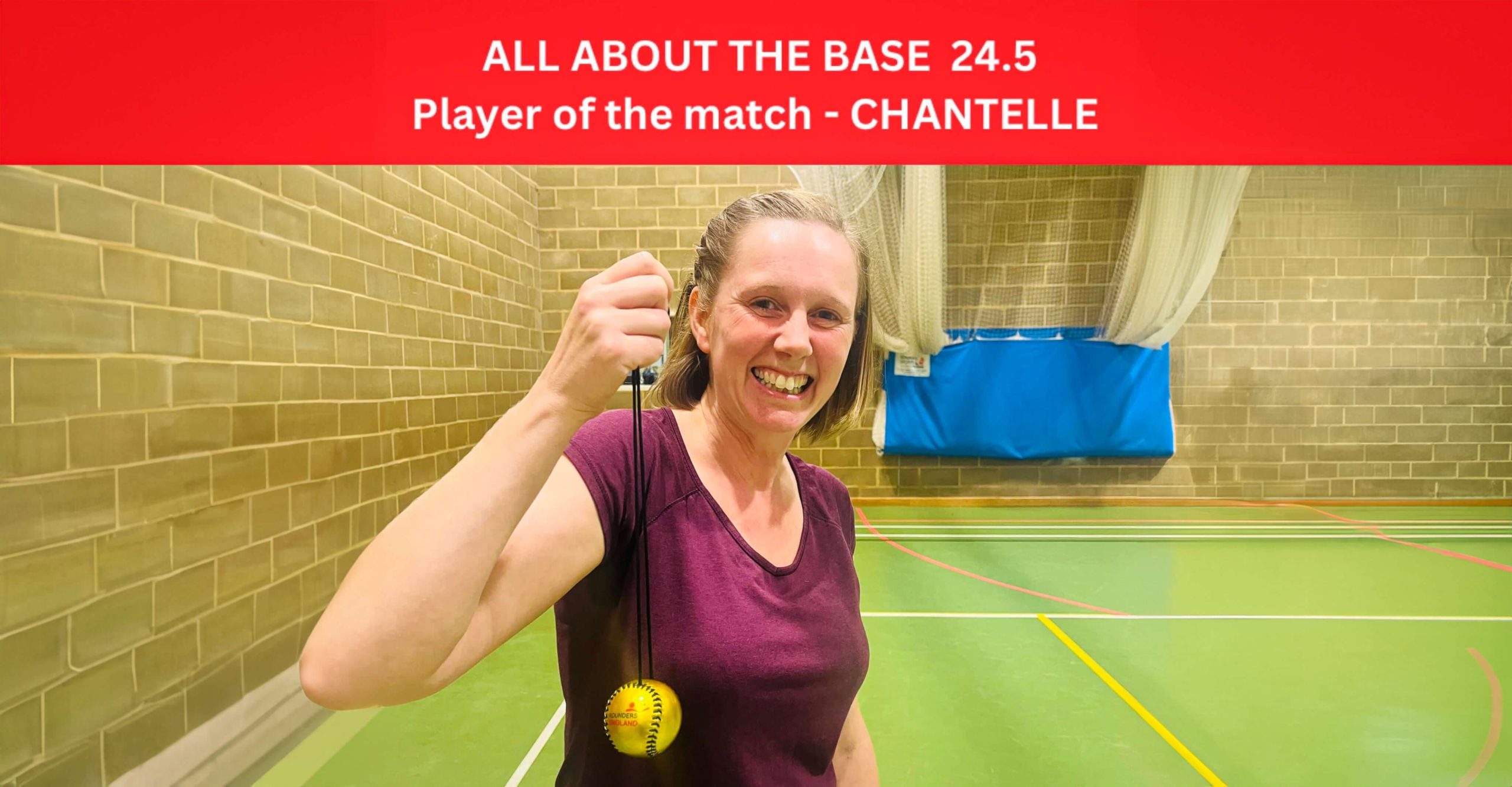
How do you relax outside work?
I’ve got two children aged 8 and 10. They keep me on my toes.
I’m part of our local rounders team. I do other sports as well: I swim, I cycle and I’m hoping to do another triathlon next year, but I wanted to be part of a team sport.
There are six local rounders teams that play against each other in a little league table. It takes you back to being at school, although it’s probably a lot more competitive! It’s so much fun.
What’s your favourite book?
Can I have a genre instead of a book? I like gentle murder mystery. I love Agatha Christie and Richard Osman’s ‘Thursday Murder Club’ books.
I don’t want to read about blood, guts and gore. It’s all about the problem-solving and the clues.
Do you have a favourite song, album or artist?
My other big love is Christmas. If you cut me apart, I would be candy cane through my body.
So I’m going for a genre again. For me, Christmas music is the most heartwarming thing in the world. I absolutely love it.
I listen to Christmas music all year round. If I’m on my own in the car, or on a run, I will often have Christmas music playing. It fills my heart with love and joy.
If you could send one message to library users, what would it be?
I would say ‘please come and see us’ – make the most of us, ask us questions. Librarians love helping people. It’s why we do the job that we do.
Try to throw away your stereotype of librarians having a bun, glasses and a cardi. Sometimes people think we’re really scary, but we’re some of the least scary people you’ll ever meet.
“We want you to succeed and to be the very best that you can be … come and speak to us, we can help you be that best version of yourself.”
I think that’s the message we need to get across to people. We’re approachable, and we just want to help people because we’ve got the skills and knowledge to enable them to succeed and develop.
The images in this blog post are copyright (2023) Birmingham Newman University/Chantelle Wilcox and used with permission.
Thank you, Chantelle, for a lovely conversation! To find out more about Birmingham Newman University Library, tap here.

